What Can You Substitute Sugar With? The 10 Best Substitutes For All Necessities!
Ever found yourself short on sugar? Here are the best 10 substitutes you can use when baking or cooking, how to use them and their benefits for you!
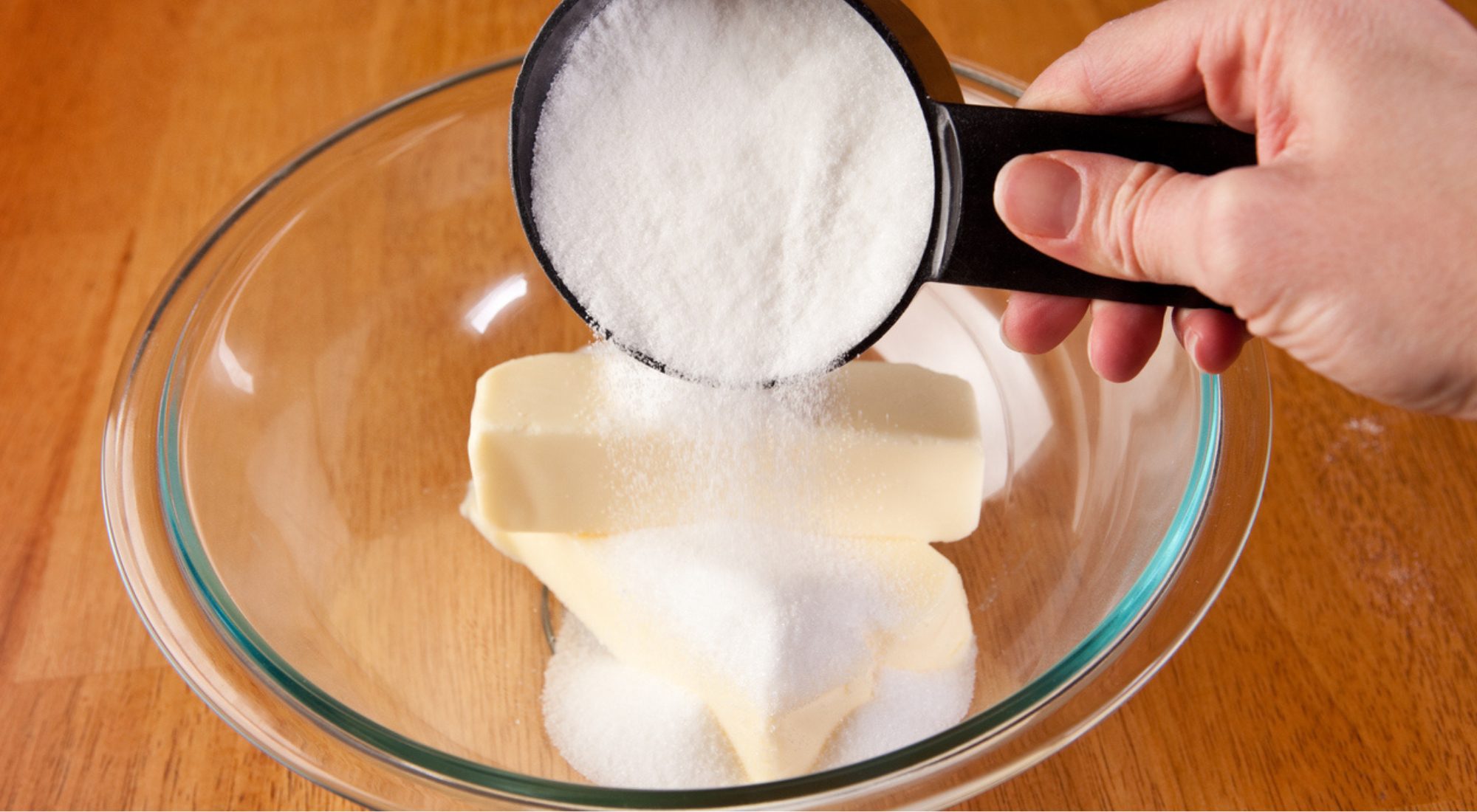;)
Sugar is one of those pantry staples that you never give much thought to—until the day you realize you’re fresh out, mid-recipe, and staring at an empty sugar jar. So, what do you do? Drop everything and rush to the grocery store in a flour-covered panic, or improvise with a substitute? Believe it or not, you can swap sugar for a variety of alternatives without sacrificing flavor. Here’s how to make it work with some of the best substitutes out there.
1. Honey

Honey isn’t just for drizzling on your toast; it’s a fantastic sugar substitute, especially in baked goods. The general rule is to use about ¾ cup of honey for every 1 cup of sugar, but remember to reduce the liquid in the recipe by about ¼ cup since honey adds moisture. It’s perfect for cakes, cookies, and even marinades, lending a rich, caramelized flavor. Bonus: honey’s health benefits make it a sweet choice.
2. Maple Syrup

Maple syrup isn’t only for breakfast—it's a solid sugar alternative, especially if you’re looking for a deeper flavor. You’ll want to use the same ratio as honey (¾ cup of syrup for 1 cup of sugar), but reduce the liquid by a bit to compensate. Maple syrup works wonders in cakes, cookies, and frostings, offering that distinctive woodsy sweetness without overpowering your dish.
3. Agave Syrup

If you’re after a subtle, neutral sweetness, agave syrup is your go-to. Use ⅔ cup of agave for every cup of sugar, and reduce the liquid by ¼ cup to balance the extra moisture. Agave syrup is ideal for baked goods like cakes and muffins but also shines in dressings and marinades where you don’t want the sweetener to take center stage.
4. Coconut Sugar
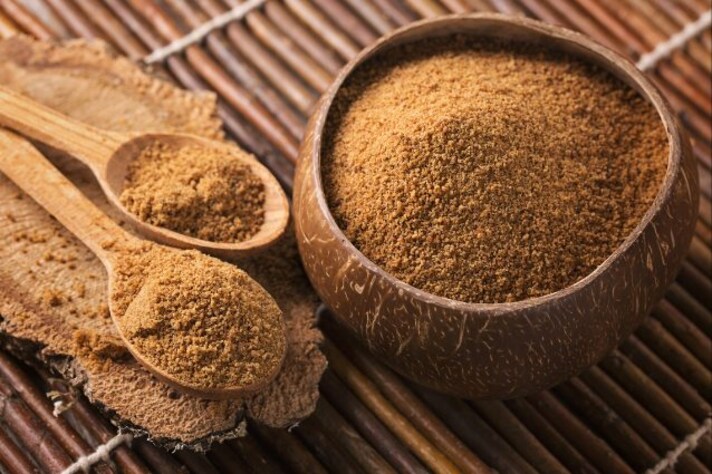
Coconut sugar is a natural sugar made from coconut palm sap, and it’s an easy one-to-one replacement for regular sugar. Its toffee-like flavor makes it perfect for cookies, brownies, and even coffee. Plus, it has a lower glycemic index than sugar, but it still bakes just like the real thing—no need to adjust liquids here!
5. Stevia
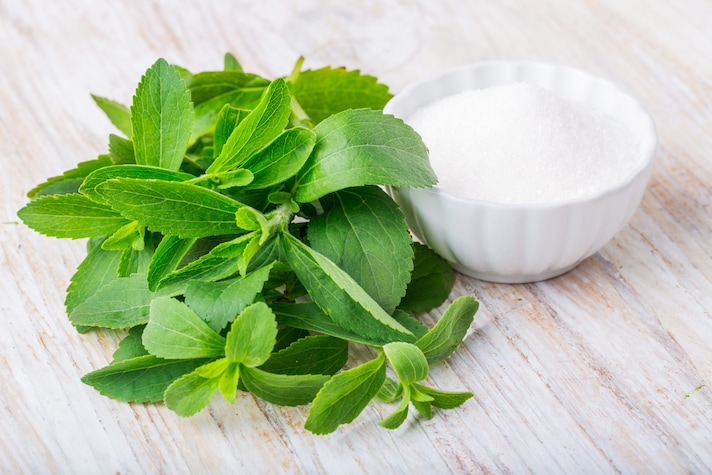
For those looking to cut back on sugar but still satisfy their sweet tooth, stevia is a popular choice. It’s incredibly potent, so you’ll only need about 1 teaspoon of liquid stevia for every cup of sugar. Stevia works best in drinks, dressings, or anything where you don’t need the bulk of sugar for texture. In baked goods, you may need to adjust the recipe, adding more dry ingredients to make up for the lost volume.
6. Monk Fruit Sweetener
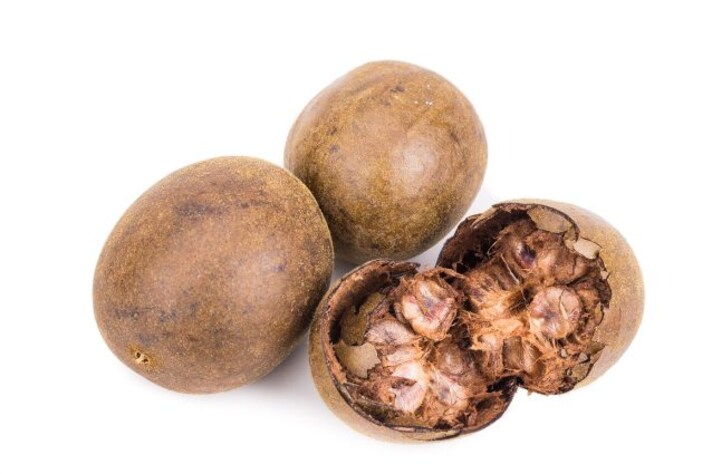
Monk fruit sweetener is another zero-calorie option, made from the extract of the monk fruit. It’s incredibly sweet, so a small amount goes a long way. Use about 1 teaspoon for every cup of sugar. It’s great for keto-friendly baking, but it can also be used in sauces, marinades, and drinks, giving your recipes a sugar-free boost without the aftertaste that some sweeteners can leave behind.
7. Molasses
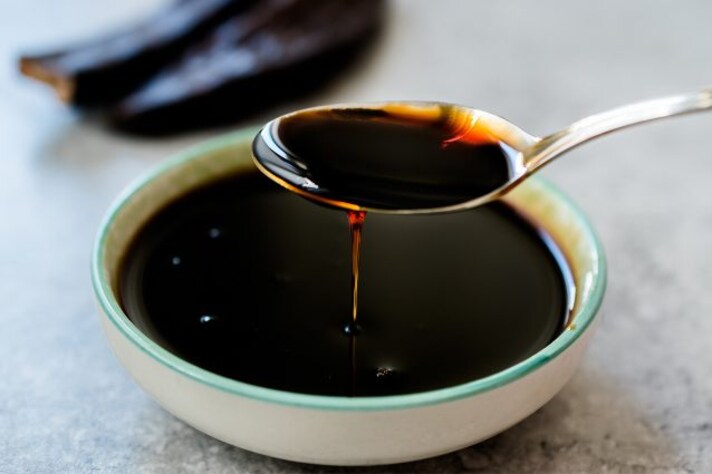
Molasses has been a sugar substitute for centuries, and it’s still going strong. With its bold, rich flavor, molasses is a one-to-one substitute for sugar, but only use it in recipes where the robust taste will complement the dish, like gingerbread cookies or BBQ sauces. It’s also great for adding depth to marinades and glazes.
8. Dates
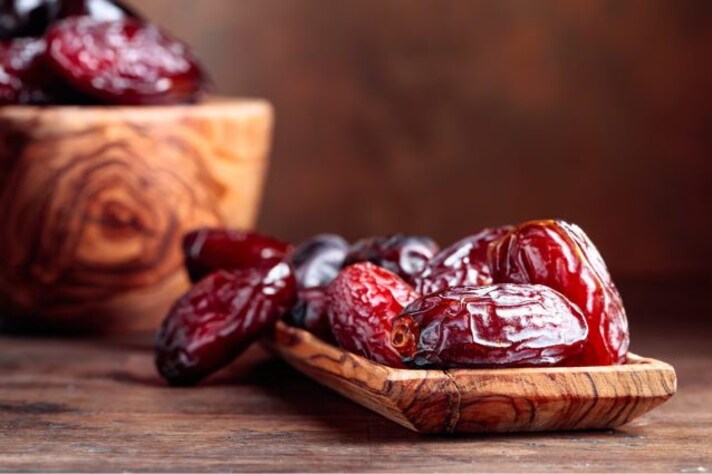
Dates aren’t just for snacking! These naturally sweet fruits can be pureed into a paste and used as a sugar substitute. Use about ⅔ cup of date paste for every cup of sugar, and reduce the liquid a bit if your recipe calls for it. Dates work wonders in baked goods like brownies and energy bars, adding fiber and nutrients along with their sweetness.
9. Applesauce
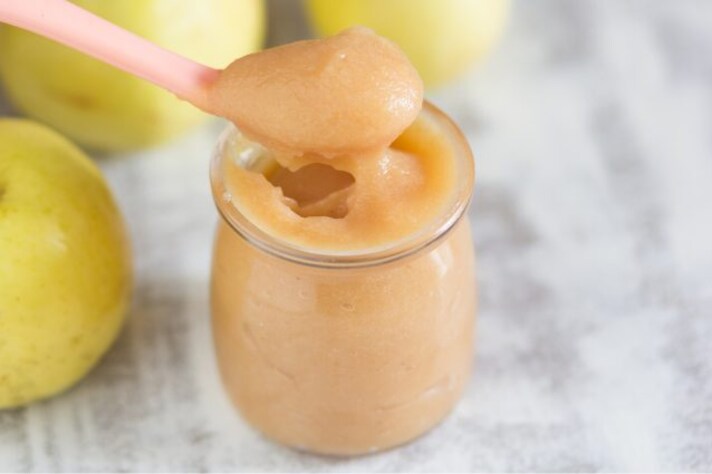
Unsweetened applesauce is another easy swap for sugar, and it’s especially handy in recipes where you want to cut back on fat as well as sugar. Use 1 cup of applesauce for every cup of sugar, but reduce the liquid in the recipe by ¼ cup. It’s perfect for muffins, cakes, and even pancakes, offering a mild sweetness without overpowering the dish.
10. Erythritol
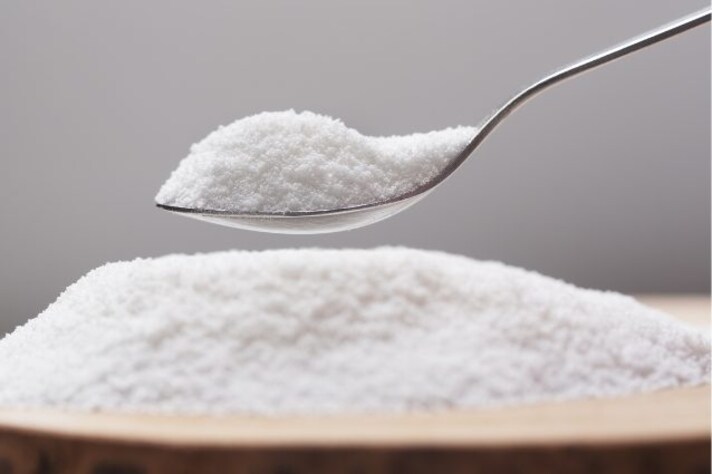
Erythritol is a popular sugar substitute among the low-carb and keto crowd. It’s a sugar alcohol that tastes like sugar but has fewer calories and doesn’t affect blood sugar levels. You can use it as a one-to-one substitute in most recipes, making it great for cookies, cakes, and even ice cream. However, erythritol doesn’t caramelize the same way sugar does, so keep that in mind for recipes where caramelization is key.
;Resize,width=767;)
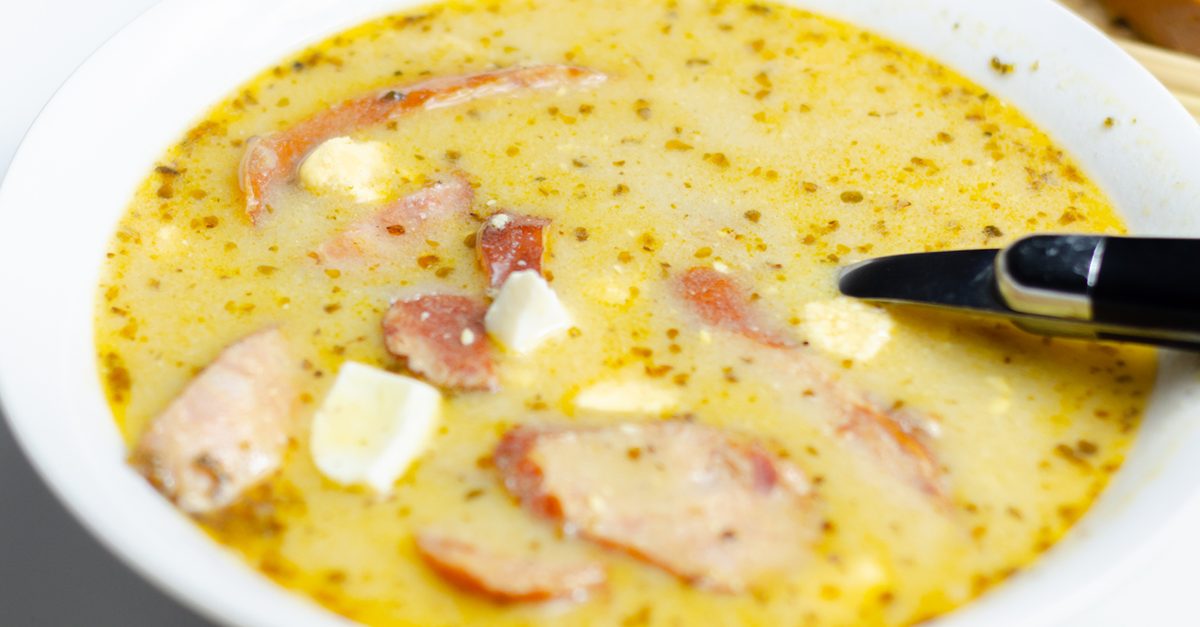;Resize,width=712;)
;Resize,width=712;)
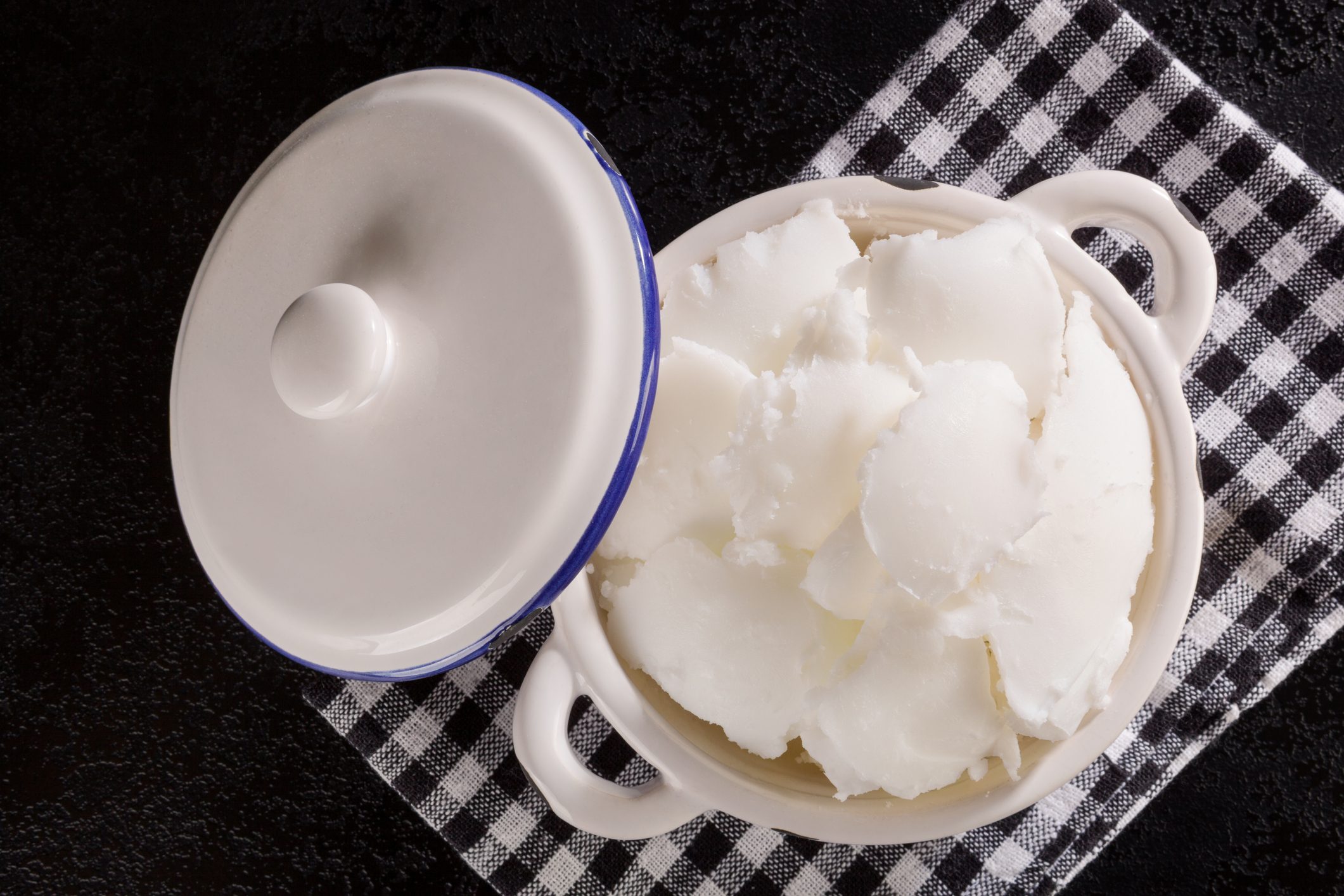;Resize,width=712;)
